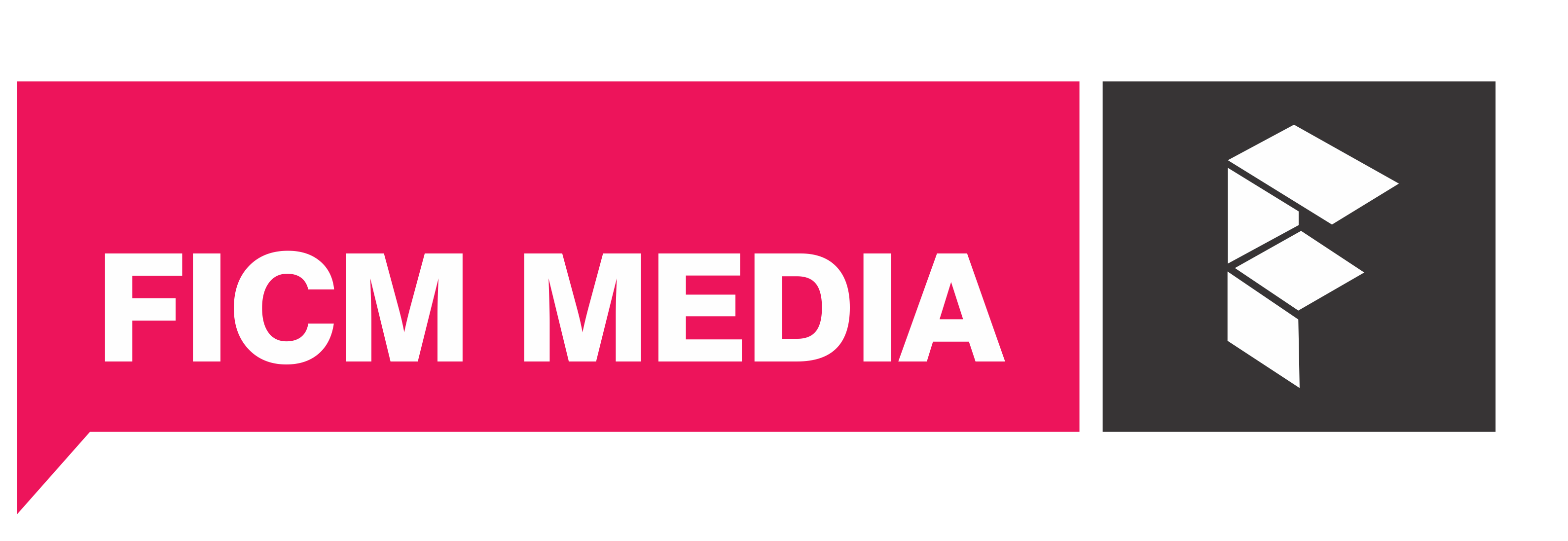
30 Jan WHY LAWYERS AVOID MEDIATION?
[vc_row css_animation=”” row_type=”row” use_row_as_full_screen_section=”no” type=”full_width” angled_section=”no” text_align=”left” background_image_as_pattern=”without_pattern”][vc_column][vc_column_text][dropcaps type=’normal’ font_size=’65’ color=’#ed145b’ background_color=” border_color=”]A[/dropcaps] good lawyer should be: not someone who encourages clients to start law suits and who feeds on conflict, but someone who puts out fires and strives for consensus. The FICMMCN ADR Lawyers are different type of lawyers, who seek consensus and start from the needs, rather than the positions of their clients.
Lawyers share a professional legal culture that strongly emphasizes using law and its rights and remedies as the framework for resolving disputes through Adjudication.
Many corporate commercial managers discussing mediation noted that his company’s main problem is lawyers, explaining that “advocates don’t think the way other people think.” Lawyers prefer adjudicating to resolve commercial disputes. Advocating or defending legal positions before courts or administrative bodies as their most important role.
Legal cultural and other factors influencing Lawyers’ reluctance to mediate disputes.
Commercial relationships create substantial economic activity through licensing, distributor, supplier, joint venture, and other transactional arrangements. Changes in economic, market, and other circumstances occur after these relationships begin, however, and often produce differing performance related perceptions and contractual interpretations. These differences may generate disagreements regarding responsibilities, obligations, performances, and entitlements that may escalate into commercial disputes.
Because such commercial disputes are increasing and the courts in many countries are ill prepared to deliver speedy justice, corporate lawyers are challenged to find out ways to confront and resolve disputes. Lawyers often rely on their adjudication-influenced habitual ways of perceiving and acting while recommending and taking primary responsibility for the means used to pursue their clients’ commercial dispute resolution objectives.
Disputes generate strong emotions reflecting anger, distrust, and interests in self-preservation that influence dispute resolution process selection. Powerful feelings of suspicion, betrayal, and disrespect often influence desires for achieving vindication, using professional advocates and punishing dispute counterparts. All of these emotions influence choosing to adjudicate commercial disputes to achieve vindication by winning and inflicting harm. Sharing a professional tradition of intense commitment to their client’s cause, lawyers risk reinforcing partisan emotions when discussing commercial dispute resolution options with angry and threatened clients. Sometimes lawyers intentionally strengthen their clients’ emotional fires to encourage adjudicatory choice. More often, lawyers remain neutral initially but personally experience partisan perception after adjudication is selected and produces quarrels and skirmishes.
Lawyers routinely demonstrate optimistic overconfidence. Biased, inaccurate future outcome predictions often influence lawyers to recommend adjudication, and their clients frequently follow this advice based primarily on these forecasts. Commitments to adjudicate often harden when commercial clients independently reach equally optimistically overconfident predictions that amplify and reinforce their lawyers’ biased forecasts.
Distorted selective and partisan perception, fixed pie and zero-sum biases, and optimistic overconfidence often combine to activate a powerful, emotion-based mental habit, loss aversion. Loss aversion motivates humans to escape anything that feels like loss. People are more motivated to avoid losses than to achieve gains. This powerful mental habit often shapes human decisions by influencing choices and actions that attribute more weight to avoiding loss than achieving gain. Loss aversion is an innate emotional flaw in human brains, and everyone who experiences emotion is vulnerable to its affects.
Lawyers share a professional legal culture that strongly emphasizes using law and its rights and remedies as the framework for resolving disputes through Adjudication. Many corporate commercial managers discussing mediation noted that his company’s main problem is lawyers, explaining that “advocates don’t think the way other people think.” Lawyers prefer adjudicating to resolve commercial disputes. Advocating or defending legal positions before courts or administrative bodies as their most important role.
Civil lawyers view themselves primarily as advocates in adjudication. Historically, this strong attachment to defining their role as adjudicatory advocacy has constrained expanding their activities as counsellors and allowed competitive, legal-related occupations to perform much of this activity. All these emotional-brain and neural short-cut biases, combined with powerful legal cultural influences explain why lawyers resist mediating commercial disputes.
Overcoming mediation resistance begins with identifying that mediating exists as an optional method for resolving commercial disputes. Because of long-standing traditions to view adjudication as simply what is done when participants cannot negotiate commercial disputes successfully, this initial step of consciously making a decision about mediating often disappears.
Lawyers, executives and managers assume that they have no other choice than to adjudicate. Failing to appreciate fully the ways mediating differs from and is superior to unaided face-to-face negotiation; they assume that disputes cannot resolve consensually because they have already tried to negotiate them without success. They also often fail to grasp how mediating creates opportunities to achieve many different goals and provides process and procedural tools not offered by adjudication. We all tend to sell to our strengths and adjudicating allows lawyers to market their primary product lines of knowledge of legal rules, rights, remedies and defenses and abilities to apply this expertise persuading external decision-makers. Adjudication emphasizes issue-oriented dispute resolution which focuses on legal rule connections and applications.
Lawyers, like all humans, feel most comfortable doing what they know best and resist performing actions that present more challenge and produce less comfort. Change is never easy and it often generates fears of making mistakes and receiving negative judgments. Lawyers reject mediation because it changes resolution process dynamics and gives them less control, centrality, leadership, and opportunity to display legal knowledge-based advocacy.
Lawyers avoid mediation because it puts them outside their comfort zone by requiring actions that acknowledge and respond to the complicated, interactive emotional dynamics that arise during dispute resolution. Lawyers enjoy feeling in control and central to the action. As compared to clients, adjudicating lets lawyers exercise control, play dominant roles, and remain central to the endeavor until external decision-makers act. Lawyers usually prefer leading to following, and adjudicating requires them to lead as they plead claims and defenses, assemble evidence, and present arguments.
Mediation reduces lawyer control by substituting a less formal consensual process where clients attend and have opportunities to participate substantially, for more rule-bound adjudication approaches where clients often are not present, do not participate unless testifying, and transfer decision-making to judges, arbitrators, or juries. Mediating anticipates larger roles for clients than they play in adjudicating. Mediating typically requires clients to attend, and provides several opportunities for them to talk and listen in joint sessions when all disputants meet together, and in confidential meetings conducted outside the presence of all or some other participants.
Mediating gives commercial clients opportunities to hear counterparts’ perspectives directly without distortion from their lawyers, interact directly with counterparts, and make informed comparisons between best mediation options and likely adjudication outcomes.
While lawyers typically play central, often leading, roles in the managed discourse that comprises effective mediating, their actions occur in the presence of and in collaboration with representatives of their commercial clients and their counterparts. For example, their analysis of case strengths, weaknesses, and outcome forecasts are typically discussed confidentially yet in their client’s presence. Because this presents risks of surfacing evidence gathering and evaluation errors, it often encourages more preparation by lawyers than face-to-face negotiations generate. In addition, mediation lessens lawyer’s law-based expertise by integrating consideration of nonmonetary and other interests outside legal frames, deemphasizing determinations about applicable law, and seeking outcomes parties can live with considering costs, benefits, and risks.
Lawyers must question these assumptions and restrain their automatic, habitual desires to adjudicate commercial disputes. Lawyers enjoy monopoly status as persons generally permitted to represent human and entity clients in lawsuits and arbitration.
Non-violent / Non-adversarial and consensual dispute resolution options are not the first line of action for most lawyers. Although found in most of the world’s cultures and practiced for centuries, mediation is the least used option in this menu. Negotiation is used frequently, and it is typically conducted by company representatives before involving lawyers or by in-house counsel before hiring outside experts. Mediation enhances negotiation by allowing lawyers and business persons to converse with the assistance of non-dispute involved mediators who encourage constructive communication and interaction. Mediators help negotiators frame conversations in ways that counter selective and partisan perceptions, exploit shared and independent interests, and investigate resolutions that promote mutual gain.
Unlike judges and arbitrators, mediators do not decide issues or enter judgments. Instead, mediators use confidential sessions to generate more and better information that often helps participants create agreements that accomplish more than is allowed by the narrow, win-lose remedies available in adjudication. Combating biased perceptions and distorted judgments, mediators help participants craft resolutions that allow all disputants to satisfy some of their interests.
Mediation more fully honors these business interests by looking forward to assess future commercial opportunities rather than emphasizing on looking backward, as adjudication does, to determine legal consequences arising from past events.
Mediating challenges lawyers to navigate emotional dynamics skillfully, managing themselves in the midst of emotional stress while conducting effective professional interactions with others who are often strongly influenced by emotions. Discussing mediation as a pre-adjudication option counters brain-based and cultural biases and helps lawyers approach the challenging tasks that mediating encompasses.[/vc_column_text][/vc_column][/vc_row]

